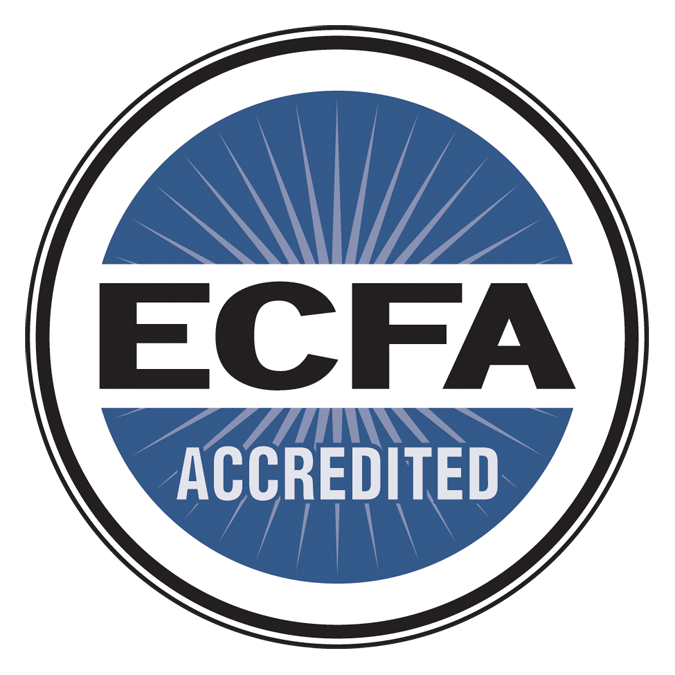Counterfeits Within the Church
Federal agents who are assigned to catch counterfeiters spend the bulk of their time studying real currency, not counterfeit currency. The more familiar they are with the real thing, the easier it is for them to spot the counterfeit. In the same way, our focus is to know the Lord and understand His ways. That is the primary means by which our churches can detect false prophets and teachers and become cult-proof. Being a discerning Christian who knows the truth is critical, because false prophets and teachers will arise from among us and “secretly introduce destructive heresies, even denying the sovereign Lord who bought them” (2 Peter 2:1). These servants of Satan will be disguised as ministers of righteousness and will profess to be Christians (see 2 Corinthians 11:15).
The Holy Spirit works to unite the Church, but false prophets and teachers seek to divide it. The Holy Spirit leads people into all truth, but the truth is not in these people. They can’t be identified by asking them to sign a doctrinal statement, because they have no problem lying. Many believers will follow their shameful ways, and the truth will be maligned. Their followers will be captivated by their looks, personality, charm and charisma, but these are not the biblical criteria by which we validate a ministry or minister. The biblical standards are truth and righteousness, both of which are maligned by false teachers.
Peter identifies two primary ways that we can identify false prophets and teachers who operate within the Church. First, they will eventually reveal their immorality by following the corrupt desire of their sinful nature (see 2 Peter 2:10). It is not likely that their immorality will be easy to spot at first, but it will eventually surface in their lives. They are con artists who work under the cover of darkness and do not want their deeds to be exposed. Second, they despise authority (see verse 10). They have an independent spirit. They won’t answer to anyone, and they are critical of those who are over them. They set up smoke screens to keep attention away from themselves, and they put everyone else on the defensive.
Once they have sown their seeds of destruction in the Church, they are difficult to remove. If we try to remove the sons of the evil one, we may root up the children of God with them (see Matthew 13:29). That is why we must be so careful about whom we ordain into ministry or ask to serve as elders and deacons. Paul gives the requirements for Christian leadership in 1 Timothy 3:1-13 and Titus 1:5-9, and they are all related to godly character. Although nobody is perfect, these are the standards to which we are to aspire. People should be disqualified if they appeal to a different standard or fail to exhibit the fruit of the Spirit. Being popular, smart, wealthy, influential, politically savvy, talented and clever are qualities the world may esteem, but they are not included in the requirements to be a spiritual leader. We need to remember to look for godliness above all else in those we are considering to promote to leadership roles.
Dr. Neil
For Spanish, see http://www.ficmm.org/blog

